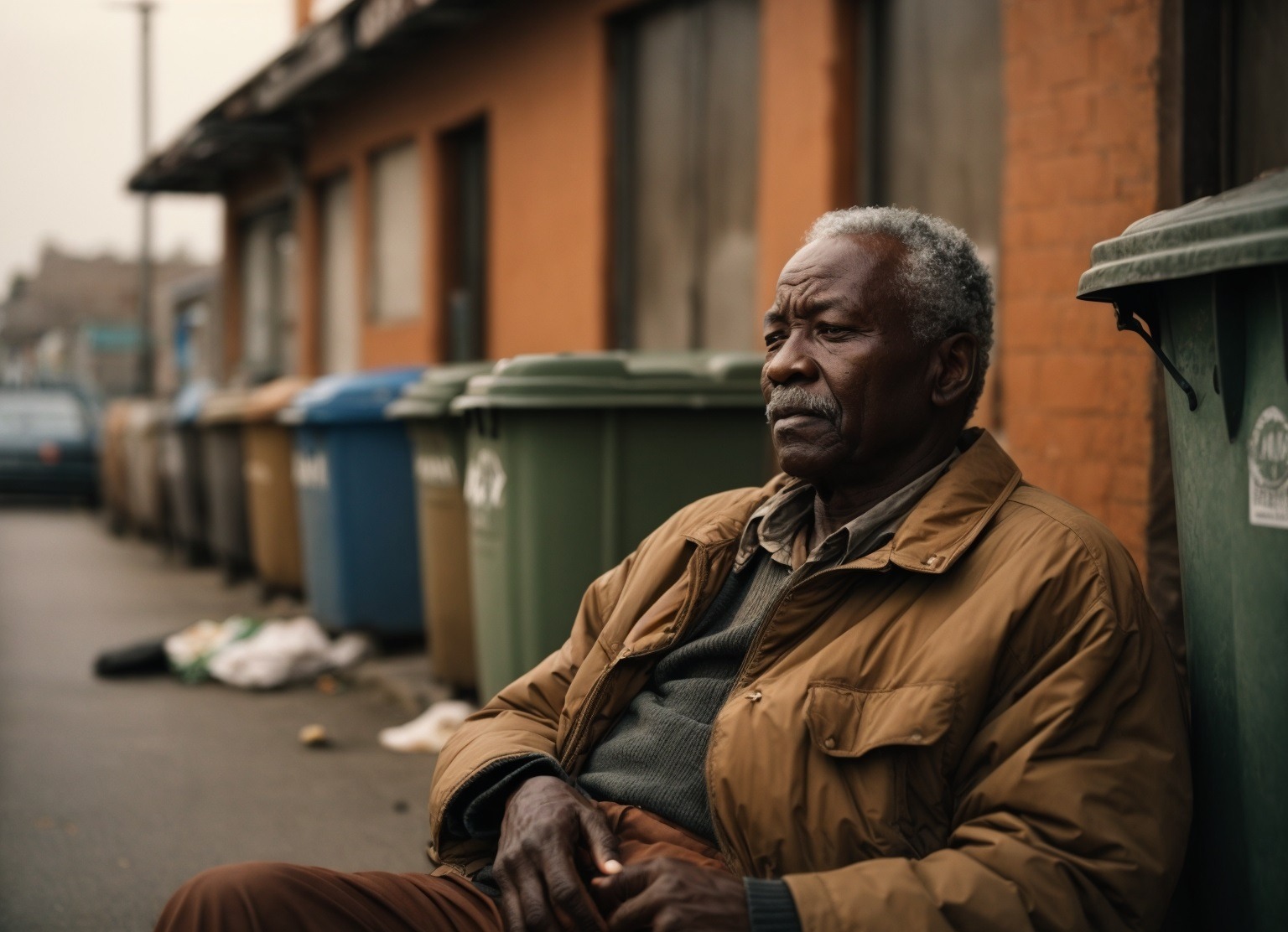Africa is filled with calamities: demonstrations and killings, diseases, rape, robberies, and road accidents. As noted by South African researcher Orunsolu Elizabeth Olufunmilayo, there are plenty of opportunities to study near-death experiences. The author recruited 172 individuals. Of these participants, 55% had experienced clinical death, and the rest had come close to experiencing this condition. The participants completed a classical survey on near-death experiences and a questionnaire about participants’ psychological states.
The results indicated that survivors exhibited all the symptoms of post-traumatic stress disorder. The near-death experience can be considered one of the phase states; during such an experience, a person sees angels or flies through a tunnel toward the light. However, initially, they experience a sense of loss of earthly life, loved ones, and their physical body. They then feel the stress of separation from spiritual beings, the disappearance of eternal happiness and bliss, and the disappointment of having to return. Finally, they must deal with the inability to share their experience with their family and friends.
The researcher highlighted an increased divorce rate after clinical death. A person who has undergone clinical death may return to our world with new values – values that may not align with those of their loved ones. Survivors often lose not only their careers but also social connections. Therefore, as the author concluded, such individuals require psychological assistance, including family therapy.
Have you ever had a near-death experience? How has it impacted your life?
The article was published in February 2024 in the International Journal for Psychotherapy in Africa.
Get all the latest news about lucid dreams via our channels on Telegram, Facebook, Twitter




